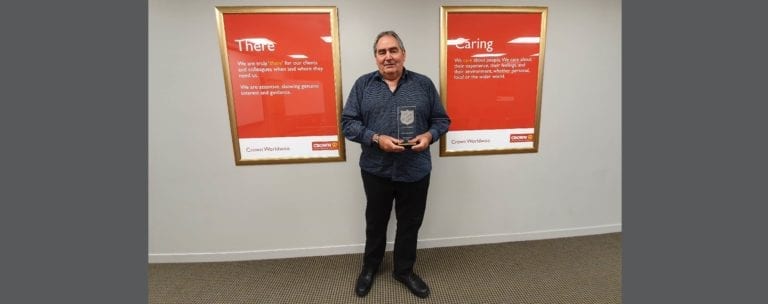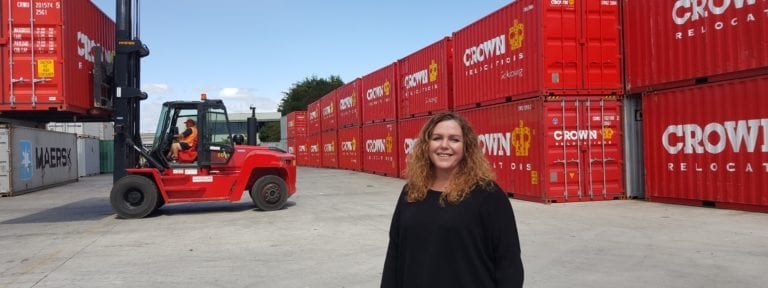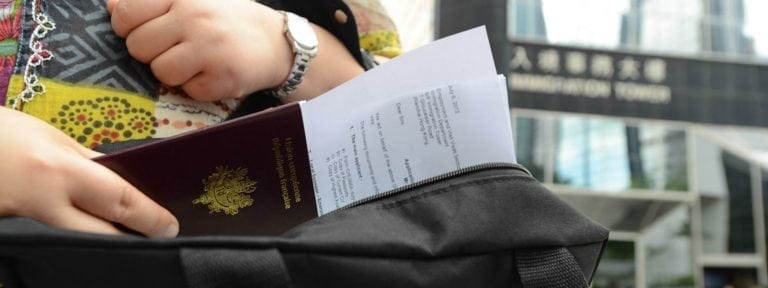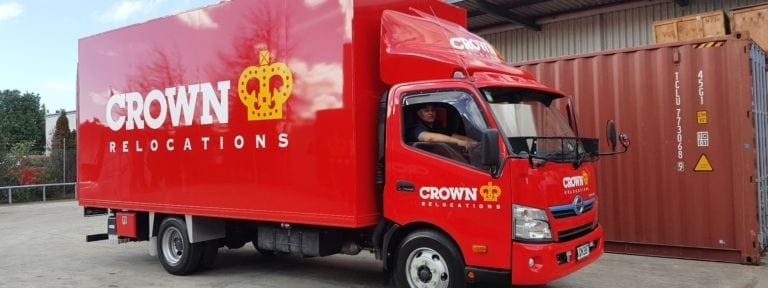Successful Expat Assignments Start At Home!
There’s an old saying that successful assignments start and finish at home. So, let’s look at where it all starts, the selection process. A recent study reported by Harvard Business Review showed that 32% of preferred candidates turned down an international assignment because they didn’t want to relocate their families and have them go through the challenges of adapting to a new culture and language.
HR Preparation & Budgeting
The first challenge for HR professionals is to attract and appoint the correct person for an international assignment. For starters a company should have clear goals on what they would like to achieve from the assignment and a well-crafted budget forecast to ensure that all costs such as relocation, housing, education, salary, employee benefits, tax computations etc. are known and understood upfront.
Getting The Right Fit
Many companies like their future leaders to have a “global” mind set. With this in mind the most important sell points to a favoured applicant may centre around what skills they can develop on assignment, what they can contribute to the overseas office and what the future will hold on their return. If the affordable package has restrictions then you might start looking at millennials. They are generally interested in global experiences and will accept a scaled back package in return for flexibility in terms of work hours, conditions and location.
Safety First
The safest appointments will typically be made to candidates who have lived abroad themselves and who understand the experience and challenges that lay ahead. They are open-minded and will adapt to the local culture, language barriers and the commercial environment. In many cases these can be quite different to the home country.
Selection & Appointment
It is important for companies to take a lot of care during the selection process and use tools like psychometric testing to establish a candidates and/or families suitability. Without a doubt mobility is now personal and mobility programmes have to adapt to the needs of multiple generations. While the more progressive companies are ‘family friendly’ many will also be offering fewer incentives in exchange for greater flexibility and understanding.
Managing The Risk — Making it Personal
Getting a new assignment in place is just the beginning. The success of the assignment is entirely related to the happiness of the assignee and his or her family. While children are generally adaptable the spouse or partner will need special consideration. Understanding how to meet everyone’s needs is a key to achieving the best results for both the company and assignee. It is imperative that HR professionals provide a complete ‘end to end’ experience through the highs and lows of an overseas assignment.
On the Ground Services
‘On the ground’ services while on assignment can include emergency hotlines, support networks with other expat families and regular one-on-one contact between the HR team and both the assignee and their partner. Using social media and other online forums can create a digital experience that saves time and maximises the information flow. This should be done separately so the partner’s voice is heard and important information is communicated first hand.
Time To Come Home — Managing the Repatriation
When the time comes for repatriation the communication between company and assignee should commence at least six months before the end of an assignment. It is essential to have clarity and collaboration around the reintegration process, and what goals have been achieved during the assignment. It is not uncommon for employees to feel displaced and unsettled during this period and look to alternative work opportunities elsewhere. To minimise the risk of a failed repatriation a company should consider different ways to share knowledge from the assignee’s experience. It entails the skills acquired on assignment and how knowledge can be transferred to others in the business.
Outsourcing To A Trusted Partner
Crown World Mobility specialise in supporting HR professionals by outsourcing a range of assignment management services. The purpose of outsourcing is to allow HR teams the opportunity to focus on talent management and the achievement of their business goals. Outsourcing can include but is not limited to policy development and/or management, immigration, departure services, relocation management, settling in, cultural awareness, assessment, Intercultural Training and working across cultures. Repatriation training, partner support, language training, tenancy management, taxation, compensation, payroll and expense management.
If you are unsure as to what’s the best approach for you and your organisation, please don’t hesitate to contact us, anytime, for a free, no obligation consultation. Call 0800 2 HELPU (0800 2 43578) or email: [email protected]
Written by Marna Fourie, Senior Mobility Consultant at Crown World Mobility. If you wish to discuss this article you can contact Marna via email: [email protected] or call: (+64) 27 471 7290













































